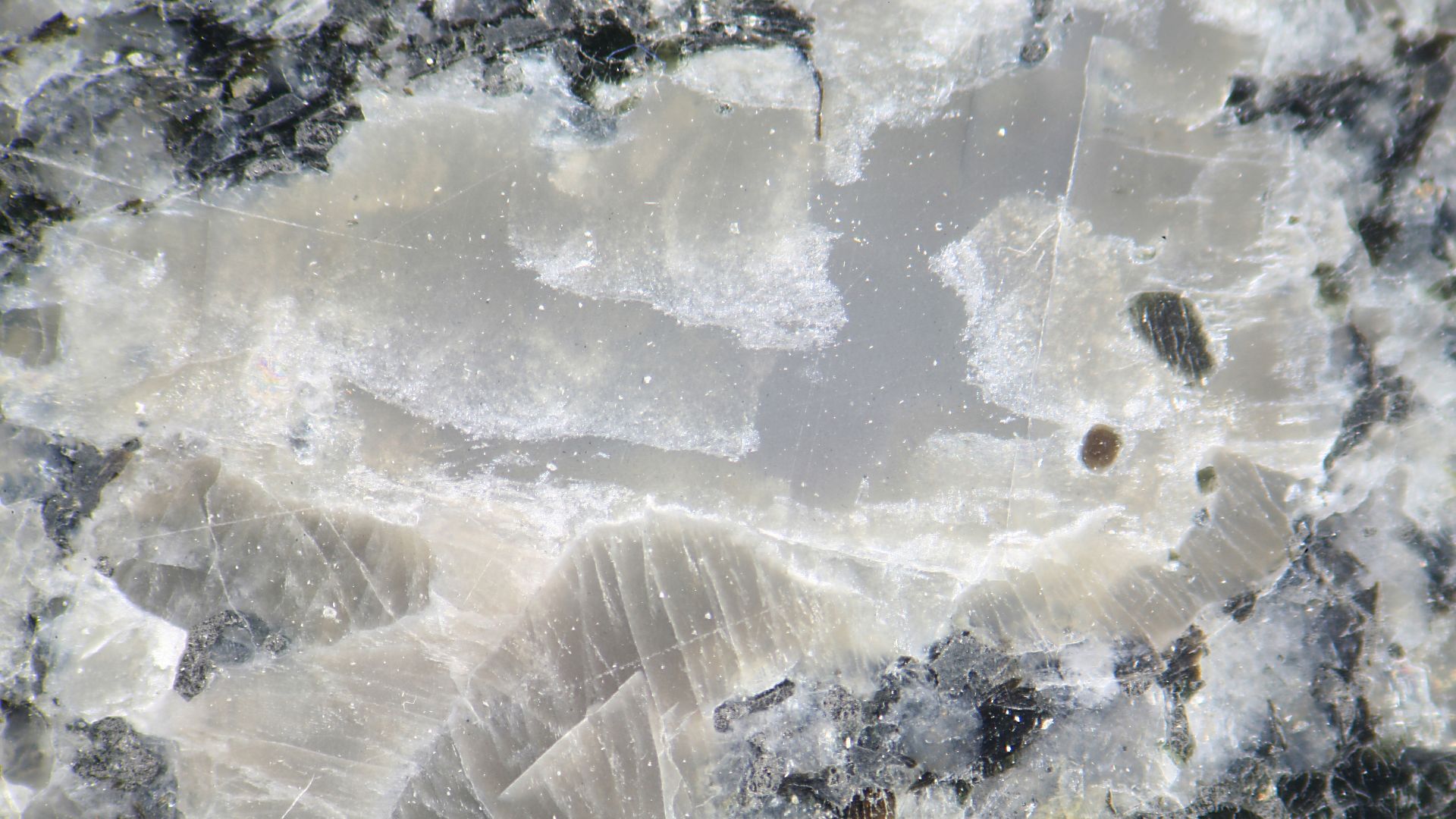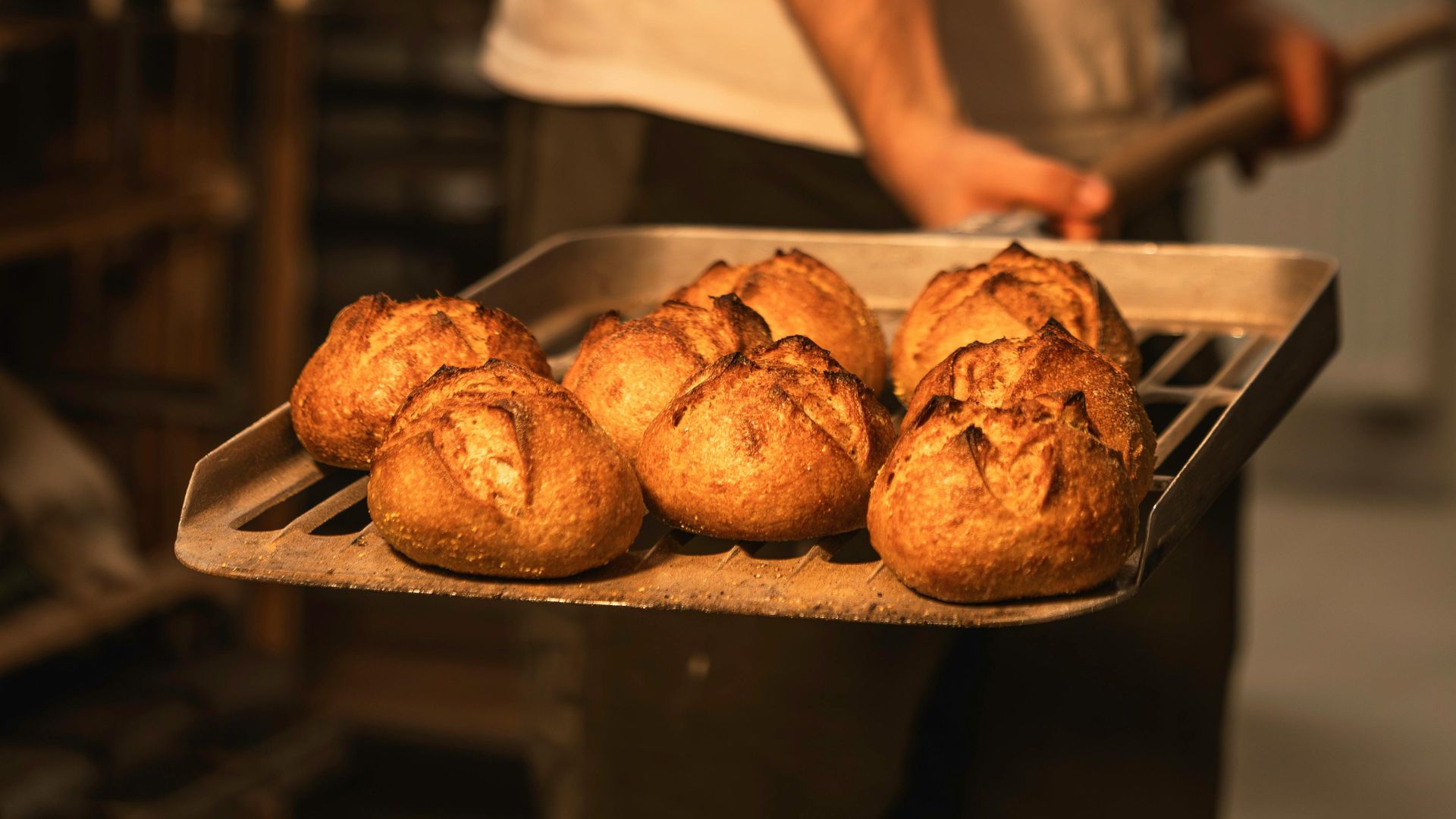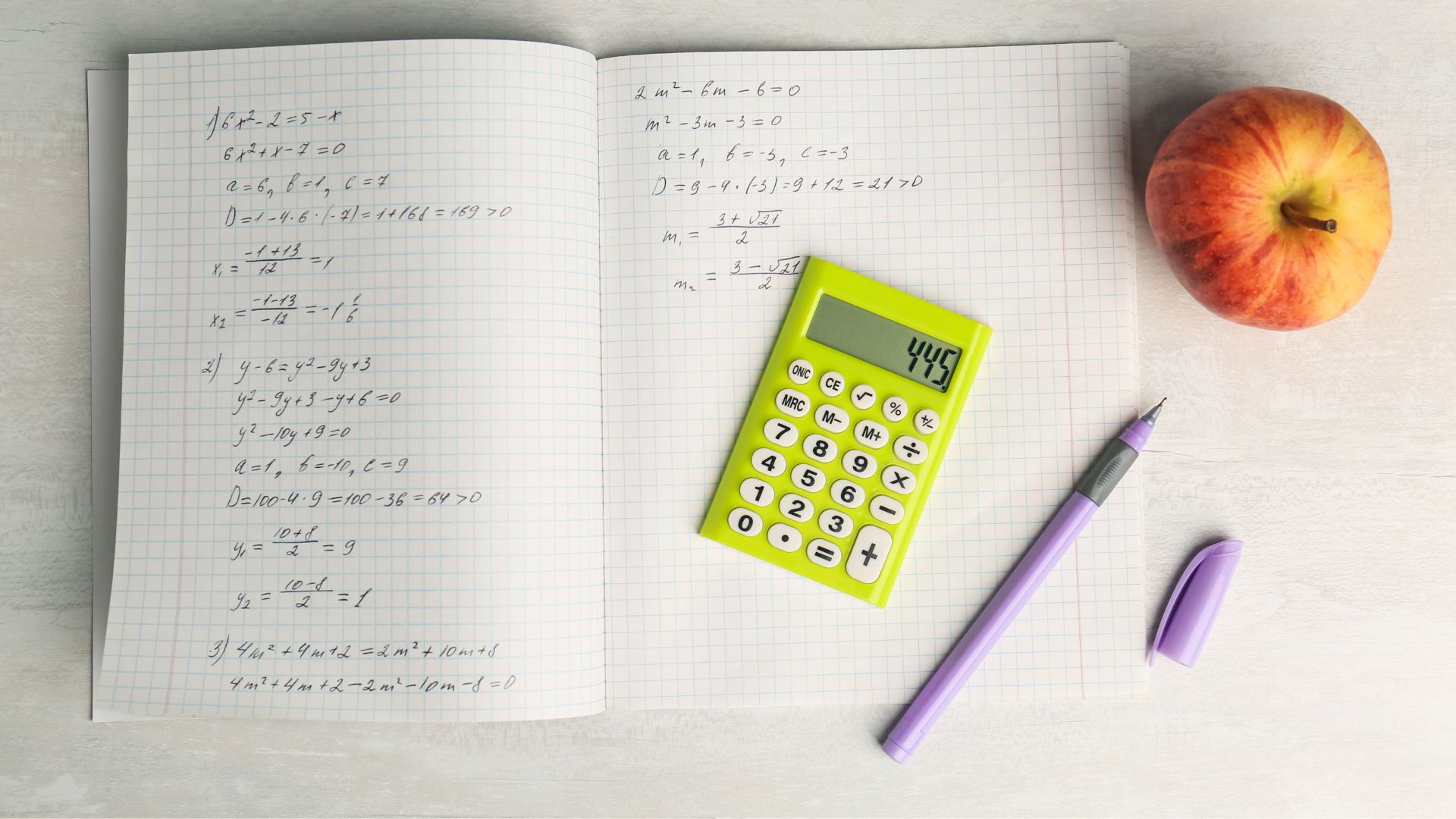Do Hard Things to Do Hard Things
 Vince Kotchian•May 31, 2025 at 5:00 AM
Vince Kotchian•May 31, 2025 at 5:00 AMMuch ink has been spilled describing the manifold ways humans can be more productive. In this article, Vince side-steps productivity hacks and asks: how can we increase our baseline capacity for hard work?
It's quite possible, even likely, that you have a veritable cornucopia of pleasures and temptations surrounding you that would make Dionysus blush. Want some food? Uber Eats. Bored? Look at your phone. Need a challenge? Video games. Want to hear a song - any song? YouTube. Feeling... amorous? I've heard there are websites for that.
Need a task done? Hire someone on Fiver. Need to read an article? AI can summarize it. Homework or paper due? AI can do it. Hey, need to think at all? ChatGPT, bro.
I could go on. Are we becoming lazy slobs like the people in the spaceship in Wall-E? Maybe. Is that inevitable? Let's hope not. We have some hard GRE prep ahead of us, and limited time to get it done - and after that, a lifetime of challenges. How we respond to those challenges will probably play a major role in the quality of our lives.
What you may have noticed when you buckle down and actually try to do some hard work is that it feels nigh impossible sometimes. Your attention span sucks. Guess what - every tech company you patronize is complicit. They have - all of them - put tremendous resources into "engagement" - i.e., making you use their app or service as much as they can, without regard to the consequences, to sell more ads.
This sucks when you think about it. You were just trying to have some fun. But damage has been done, perhaps to all of us. How can we take our attention back? Increase dopamine.
Dopamine is a molecule that is linked to motivation - the higher our dopamine levels, the easier we may find it to work hard. We replace the flickering overhead fluorescent light of attention that scrolling TikTok and Instagram has wrought with a steady, dependable, LED of focus. So how can we elevate our dopamine?
Remember you're an animal. Wake up early just like (almost) every other animal. Get some sunlight in the morning. Go to bed early and at a consistent time. Learn good sleep hygiene and why it's crucial.
Try a cold shower - cold exposure has been linked to dopamine increases. Exercise hard: ditto. Do something hard intellectually - this might boost dopamine as well. Get some caffeine in your system in the morning - that should help, too.
You don't have to go all in - make a progressive schedule to gradually add these activities to your calendar and to increase their duration.
You know who my favorite GRE tutoring clients are? Military. These guys (and women) are very good at following directions, then putting their heads down and working hard. Few excuses. They probably have less free time than you and are probably working harder. One factor is probably that their jobs, by nature, make them do hard things and don't allow them to fool around on their phones all day.
On that note, don't reward yourself so much in the absence of effort. Junk food, endless phone scrolling, outsourcing your critical thinking to an LLM, and those websites I alluded to earlier are all empty. We didn't evolve to thrive on that crap. Limit or eliminate those things. The theory is that they provide temporary dopamine spikes that feel good, but that also lower our ambient dopamine levels, making it harder over time to get shit done.
The Bottom Line
Being more conscious about your ability to work hard for extended periods of time, and the factors that increase or decrease that ability, can be illuminating. Be smart about habits that increase dopamine, and over time, you may find you have more reserves to work hard on your GRE prep.






